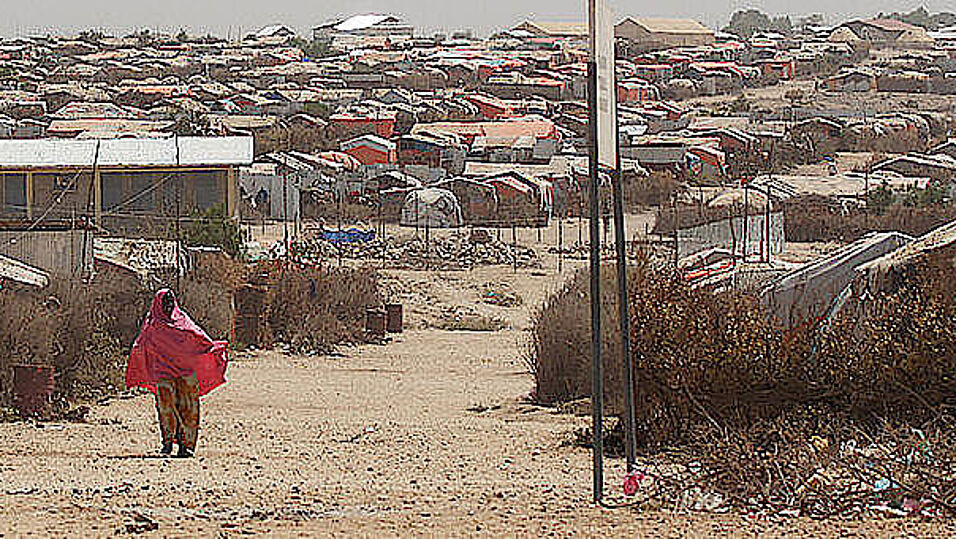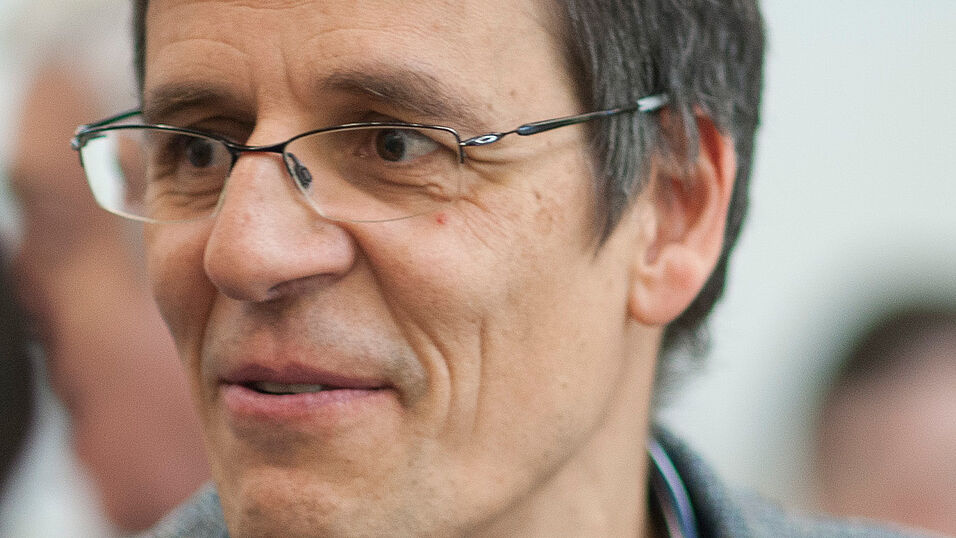The new doctoral school VISESS – the "Vienna International School of Earth and Space Sciences" – will be offering an internationally oriented training to current and future doctoral students at the Faculty of Earth Sciences, Geography and Astronomy. While VISESS is structured around the three branches "Cosmos", "Earth" and "Anthroposphere", one of the main aims of the school is interdisciplinarity: “The rapid developments of many of our research fields tend to blur traditional subject boundaries and lead to newly emerging scientific fields”, says VISESS-director Franz Kerschbaum. “Therefore we aim for our students to become world-leading experts in one of these three branches while also confidently communicating and contributing across all three branches.”
Meteorites, mountains and life on Earth
The study of Earth requires an integrated approach, emphasizes Daniel Le Heron, coordinator of the branch “Earth”: “It is clear that, from an Earth systems perspective, there is a deep and direct connection between many branches of science traditionally seen as independent domains: Look at the evolution of mountains, of life on the planet’s surface, at the complex dynamics of air masses, but also at meteorites!”
Grand Challenges and rapid changes
Within the anthroposphere branch, the school aims at understanding how societal behaviour shapes our planet’s environment and is at the same time affected by it. “Humanity faces grand challenges: resource depletion, climate change, migration, social and territorial inequalities, just to name a few”, explains Michaela Trippl, coordinator of the branch “Anthroposphere”: “We seek to unravel the socio-spatial dimensions of rapid social, economic, demographic, technological and ecological changes through inter- and trans-disciplinary academic research, assess their socioeconomic and ecological implications and explore what kind of innovations are best suited to tackle grand societal challenges.”
Community Building and Scientific Leadership Skills
Next to the disciplinary education, the school will also offer workshops, seminars, hop-overs and summer schools to build a vibrant community. “We want our school to become a central place in the heart of Europe for training and as a resource of knowledge about our place in space and time”, explains Glenn van de Ven, Professor for Theoretical Extragalactic Astrophysics, who is coordinating the branch “Cosmos”. The school is going to organize proposal factories, and scientific-leadership-skills training – including also project management, since the “Big Picture”-seminar series will be organized by the doctoral candidates.
Big Picture Seminar with Nobel Laureate Didier Queloz
The first "Big Picture Talk" will already take place at the official kick-off event on 25 September 2020: Nobel Laureate Didier Queloz, who discovered the first exoplanet, will give an insight in his scientific endeavours and the status of exoplanetary research including habitability, a hot topic bridging all three branches of the new doctoral school.




